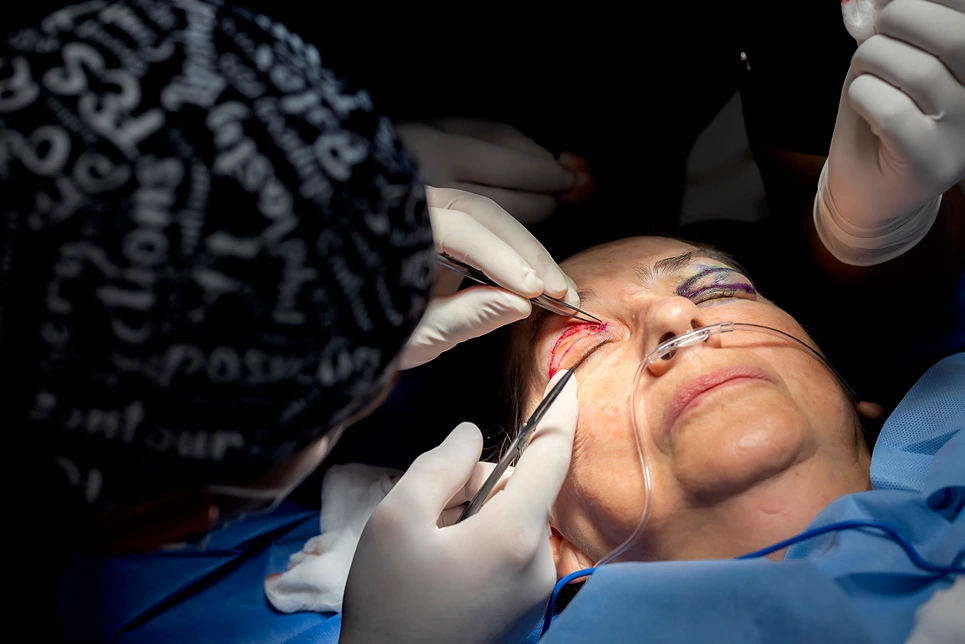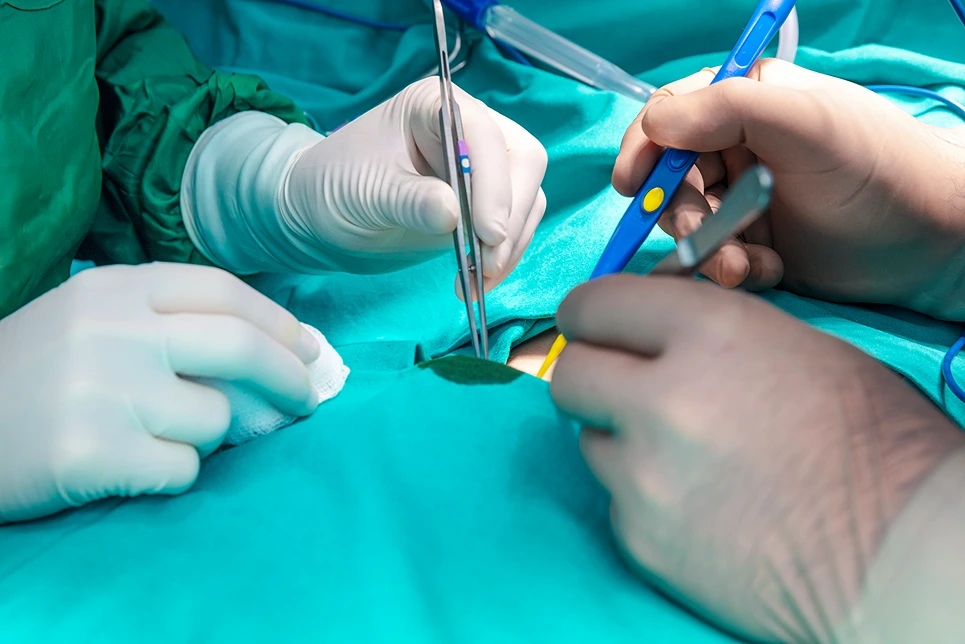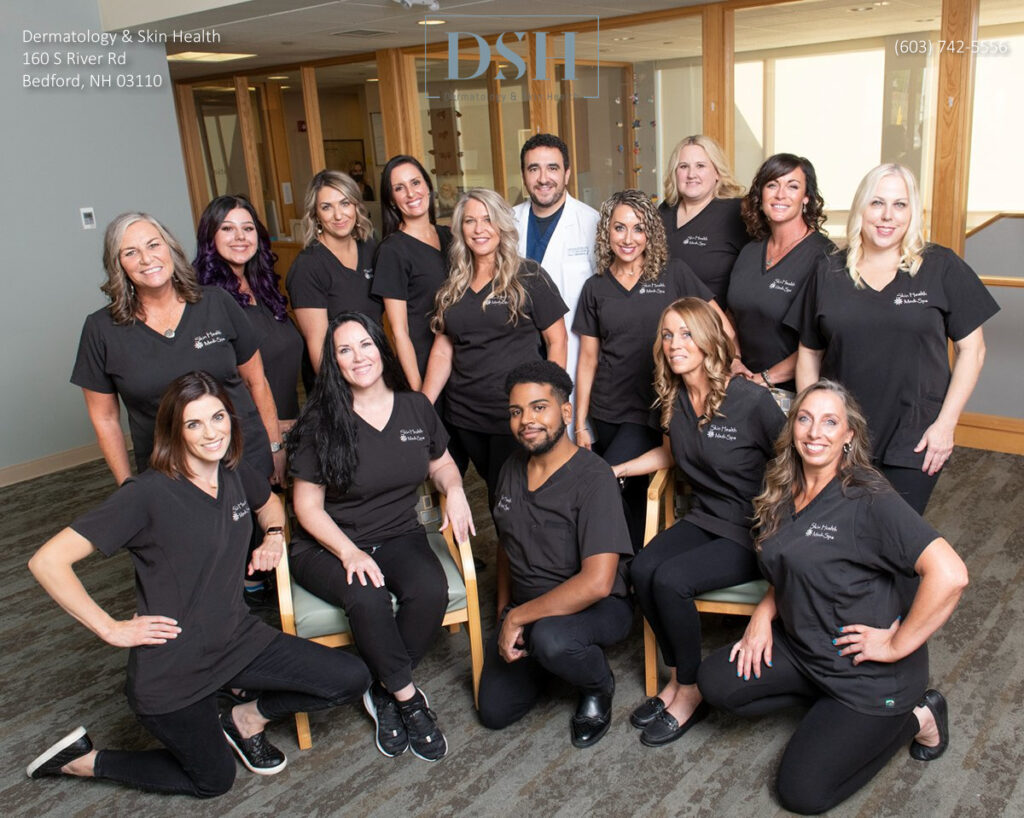

Mohs surgery is a precise, specialized technique used to treat certain types of skin cancer.
This procedure, named after Dr. Frederic Mohs who developed it in the 1930s, involves surgically removing thin layers of skin and examining them under a microscope to ensure all cancerous cells are removed.
Due to its meticulous nature, Mohs surgery achieves exceptionally high cure rates while minimizing damage to healthy tissue surrounding the cancer.
While Mohs surgery itself is usually covered by insurance when medically necessary, patients may still face financial questions regarding plastic surgery after Mohs

Mohs surgery, also known as Mohs micrographic surgery, is recognized as the most effective technique for treating common skin cancers such as basal cell carcinoma and squamous cell carcinoma. It offers cure rates up to 99% for cancers that have not been treated previously.
The key advantage of Mohs surgery lies in its precision. The physician serves as surgeon, pathologist, and reconstructive surgeon. After removing a thin layer of tissue, the doctor meticulously maps, colors, and microscopically analyzes it to discern if any cancer cells remain.
If found, the surgeon pinpoints their exact location and excises deeper tissue only from that specific area. This process continues layer-by-layer until no cancer cells are detected.
This controlled, methodical approach allows complete removal of the cancer while maximizing the preservation of healthy tissue. Consequently, Mohs surgery is often used to treat cancers on cosmetically or functionally vital areas of the face, ears, hands, feet, or genitals.
Despite its tissue-sparing properties, the removal of cancerous tissue can still leave defects in form and function. Plastic surgery after Mohs serves to restore aesthetic appearance and functional abilities.
Common reconstructive techniques include:
Plastic surgery repairs are customized to each patient’s unique circumstances.
The optimal approach depends on factors like the size and location of the wound, available donor sites, and the patient’s needs and goals. Consulting a plastic surgeon specializing in reconstructive procedures ensures the best outcome.

Insurance policies generally recognize Mohs surgery as a standard, medically necessary treatment for common skin cancers like basal cell carcinoma and squamous cell carcinoma. Coverage details depend partially on your specific plan.
It’s important to understand your policy’s skin cancer coverage details, including any prior authorization requirements. Your doctor can provide supporting documentation if the insurance company requests justification for Mohs surgery over other treatments.
Insurance coverage for reconstructive plastic surgery hinges on the distinction between cosmetic and reconstructive procedures.
Cosmetic enhancements to improve appearance typically are not covered, whereas reconstructive surgeries to restore function and normal appearance may be covered.
Establishing medical necessity also plays a key role in obtaining coverage after Mohs surgery. Insurance providers require proof that reconstructive procedures are essential for maintaining quality of life and well-being.
Documentation of medical necessity may include evidence that plastic surgery will:
Carefully consulting with your insurance company helps clarify requirements in your specific situation.
Understanding health insurance plans can be confusing. Here are some tips for navigating coverage for plastic surgery after Mohs:
If your insurance denies coverage for plastic surgery after Mohs, you can appeal the decision by:
Seeking assistance from a patient advocate or legal professional can also help navigate appeals. Don’t give up easily—make your case!

If appealing an insurance denial is unsuccessful, alternative options exist for funding plastic surgery after Mohs:
Thoroughly researching costs and financing alternatives helps patients prepare for surgery, even if insurance coverage falls through.
While Mohs surgery itself is typically covered for skin cancer treatment, insurance coverage for subsequent reconstructive plastic surgery depends on many factors.
Navigating policy limitations and denials requires tenacity and creativity. Working closely with your treatment team and insurance providers while exploring alternative funding options equips patients to surmount potential financial barriers to achieving optimal outcomes after Mohs surgery.
If your desired appointment type or preferred provider is unavailable online, kindly call (978) 525-0100 for Peabody, MA and (603) 742-5556 for all New Hampshire locations. Alternatively please feel free to send us your request via the patient portal, or via email at info@dermskinhealth.com
*For medical dermatology appointments in MA please dial (978) 525-0100 or fill out the appointment request form above.